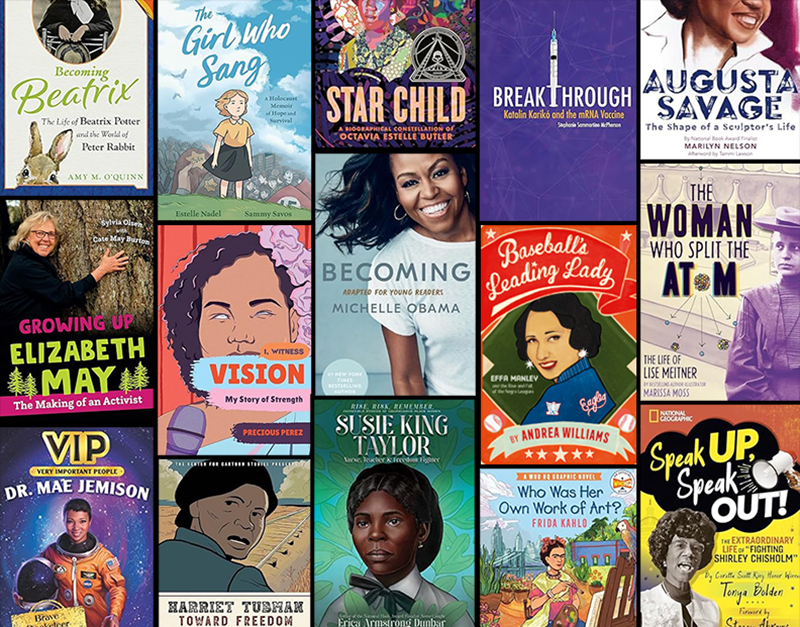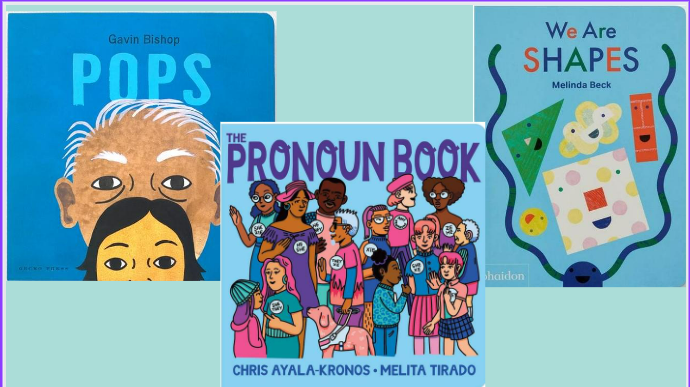Minecraft After Hours & Letting Teens Lead… and Fall
Maybe it was because it was on Friday the 13th.
Maybe it was the heat, or all of the 5th grade classes I talked it up to.
Maybe it was those 4th graders who snuck in under the age limit.
Whatever it was, the Minecraft hangout and building contest that I hosted was both one of the biggest successes and most disappointing failures of my programming year so far. And that’s really been ok.
Here’s how it went down. Last fall I took a leap and started a Coding Club. In the months since, this group has grown tight knit and dedicated to both the idea of learning and playing with technology, and the library. As we discussed what else we wanted to do, Minecraft kept coming up.
What could we do with it?
Could the library have its own server?
Could we turn Coding Club into a Minecraft club?
I try to say yes as often as possible, but these were questions it was hard for me to answer. I’m not a gamer. The knowledge these kids have far exceeds mine in this realm, and as a part time librarian, I know that my limited time means limited abilities. But these teens had seemingly endless time and endless enthusiasm for both the game and getting it into our building. After mulling over the possibilities, one totally uncoached statement was the deciding factor for me. A member said, “Everyone likes playing Minecraft. But even though a bunch of us are in the same neighborhood, we’re playing with people all over the country, or world. That’s cool, but it just makes sense that we’d want to meet each other too. And the library seems like the natural place to do that. It’s where a bunch of kids can go in town and it’s ok for us to be there.”
Sold. I think they even said something about “community building.” Be still my librarian heart! So I gave them the go-ahead with the understanding that I would assist them with whatever they needed, but that I would only be able to be that — an assistant and facilitator. The planning and execution would be up to them.
What if we built our own server?
What if I donate my server to the library?
What if we just have a building contest?
Can we have fabulous prizes?
Can we have pop and Doritos?
Prizes, pop, and chips I could handle. The server questions were harder, but week after week the kids worked on their server, creating an environment in which a crowd of people could build. Moms took me aside and asked my opinion on letting their kids play online games. Moms told me they thought I was wonderful for giving their kids a place to fit in. Moms thanked me. Which was weird because I wasn’t really doing much. I was just opening our meeting room twice a month and listening for the most part.
Fast forward to last Friday night. Fabulous prizes in hand, snacks at the ready, we opened the library after hours and fifteen teens came in. That might not sound like a lot to some, but in a town where my SRP registration maxes out under 75 most years and I’m happy to get 5 kids at most programs, I was floored.
I welcomed the kids and introduced our illustrious Coding Club members, who went on to explain how the building contest would unfold, what the fabulous prizes were, the theme (design a symbol of what Minecraft means to you), and how to access the server. At which point we realized that Minecraft was down. After a half hour snack break, everyone rushed back to their computers — it was back up! Game on!
And then we overloaded the server.
From that point on, it just never worked right. We hadn’t planned on that many people playing. My teen had been certain that the server he was building had enough RAM. I trusted his assessment. As I watched him feverishly work to figure out the problem, testing it one way, and then another, I tried to placate the rest of the kids, encouraging them to go back for another snack or just hang out until everything was up and running. He looked me in the eye, and with all of the emotion a 12 year old (yes! he is only 12!) boy can pack in one pitiful look, he was pleading for help. And there wasn’t a whole lot I could do.
It was humbling and I felt horrible. But we kept working through it. We declared the building competition postponed, shared the server address for people to use from home, and decided to give them one week to construct their ideal symbol of Minecraft, at which point I’ll email them all a survey and ask them to vote. Everyone seemed to leave happy, or at least happy enough in the case of my intrepid Coding Club teen.
On the one hand, it felt like a great failure that the program didn’t go how we planned and we ran into so many technical problems. But at the same time – what success! Great numbers, teen leadership and problem solving, a community began developing, a plan was made to continue the work started, and several people expressed interest in a repeat program.
But oh, my poor 12 year old, right? Maybe not. I pulled out my 40 Developmental Assets list, and started mentally checking them off. Other adult relationships? Supportive neighborhood? I was doing that. Community values youth; youth as a resource, service to others? Wow, this is going better than I thought! Planning and decision making, responsibility, involvement in youth programs… high expectations. And there it was. I had high expectations. It was crystal clear that I did. And he had high expectations of himself, he planned ahead, made executive decisions, and took responsibility for this youth program. This was a success, no doubt about it.
This year I’m taking part in ILEAD-USA, a months long leadership and technology workshop funded by a grant from the State of Illinois. One of the first things I learned there was the concept of Failing Forward. In this way of thinking, a perceived failure is not the end point; it’s the beginning of a new avenue of learning and growing. It’s hard to embrace. Just writing about it here was difficult – no one likes to admit that they’ve done something that turned out 180 degrees from where you planned for it to go. But we both learned so much from this experience. Not just about Minecraft, but about ourselves, each other, trust, perseverance, finding fun.. and RAM.
-Heather
Filed under: 40 Developmental Assets, Minecraft, Program Fails, Teen Empowerment
About Karen Jensen, MLS
Karen Jensen has been a Teen Services Librarian for almost 30 years. She created TLT in 2011 and is the co-editor of The Whole Library Handbook: Teen Services with Heather Booth (ALA Editions, 2014).
ADVERTISEMENT
ADVERTISEMENT
SLJ Blog Network
One Star Review, Guess Who? (#202)
Review of the Day: My Antarctica by G. Neri, ill. Corban Wilkin
Exclusive: Giant Magical Otters Invade New Hex Vet Graphic Novel | News
Parsing Religion in Public Schools
ADVERTISEMENT








One question has been gnawing at me throughout your blog post: How much RAM did you use and find was not enough???
I ask because I'm considering a similar project, and don't want to get stuck on any details like this one. I also should mention that upgrading the RAM of a computer is a fairly routine procedure. Do you have any old RAM sticks lying around? (We do here at our library) Surely a kid who can setup a computer could install extra RAM.